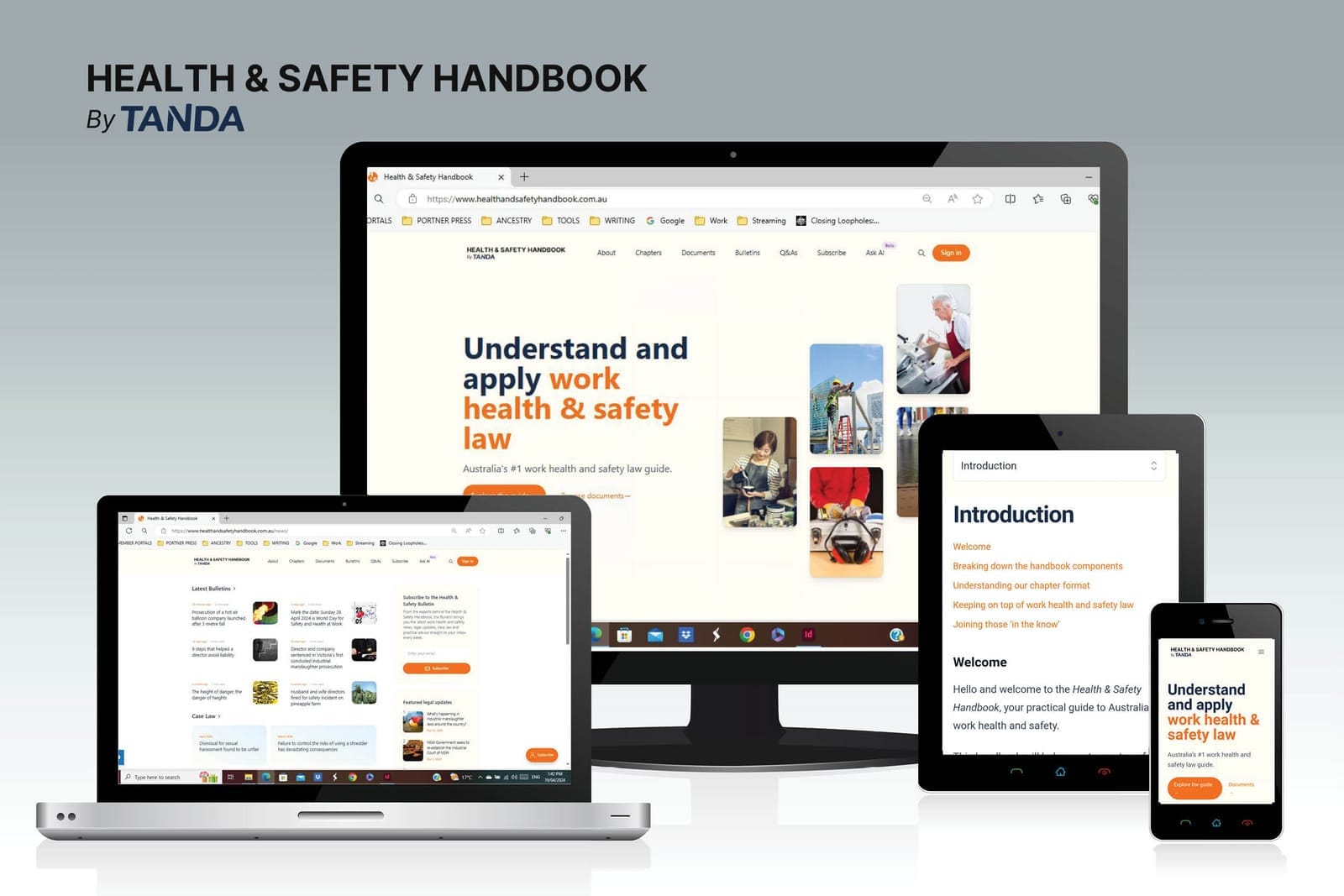Recovering costs in FWC proceedings is a high bar to jump
The general rule in proceedings before the Fair Work Commission (FWC) is that parties bear their own costs. However, on application by a party, the FWC can order a party to pay some or all the costs incurred by the other party.
When can costs be awarded?
The FWC can order costs if it is satisfied that:
- the party made an application, or responded to an application, vexatiously, i.e. their predominant motive or purpose was to harass or embarrass the other party or to gain a collateral advantage;
- the party made or responded to an application without reasonable cause, i.e. on the facts of the case there were no substantial prospect of success (which won’t be the case if success depended upon the resolution of arguable points of law raised by the party); or
- the party’s application, or the party’s response to an application, had no reasonable prospect of success, i.e. not reasonably arguable and so obviously untenable that it could not possibly succeed, was manifestly groundless or disclosed a case where the FWC could be satisfied it could not succeed.
Recovering costs in unfair dismissal cases
Further avenues to recover costs are available in unfair dismissal proceedings where the FWC is satisfied that a party caused those costs to be incurred because of an unreasonable act or omission of the first party in connection with the conduct or continuation of the matter. An example is where an employee applicant rejects a settlement offer from the employer and this rejection is unreasonable having regard to:
- what was being offered compared with what was being sought;
- the relative strengths of the parties’ cases and their relative prospects of success in relation to both ‘liability’ and the relief sought;
- the likely length and cost of proceeding to a hearing if the matter did not settle; and
- any adverse consequences that would accrue to a party if they accepted a settlement on particular terms rather than successfully prosecuting or defending the primary application, as the case may be.
Recent costs application before the FWC
In Bracken v OzForex Limited (2024), the FWC dealt with a costs application in relation to an unfair dismissal claim.
After a 5-day hearing for the unfair dismissal claim, the application was dismissed. After a successful appeal, the matter was redetermined on a limited basis and again dismissed. The applicant employee made another appeal, which was dismissed.
The employer sought costs of the second appeal on grounds that included that the employee’s rejection of an offer of 14 weeks’ pay at the original conciliation was unreasonable. The FWC rejected this ground, ruling that the employee’s failure to accept the offer of 14 weeks’ pay could not be treated as an unreasonable act in connection with the second appeal.
The employer asserted the lodging of the second appeal was an unreasonable act. The FWC again disagreed. While the FWC identified that some of the arguments made by the employee were not perfect and lacked precision, it attributed this to the fact the employee represented himself in a case where he had succeeded in the first appeal.
Therefore, the FWC declined to award any costs to the employer.

Get the latest employment law news, legal updates, case law and practical advice from our experts sent straight to your inbox every week.

